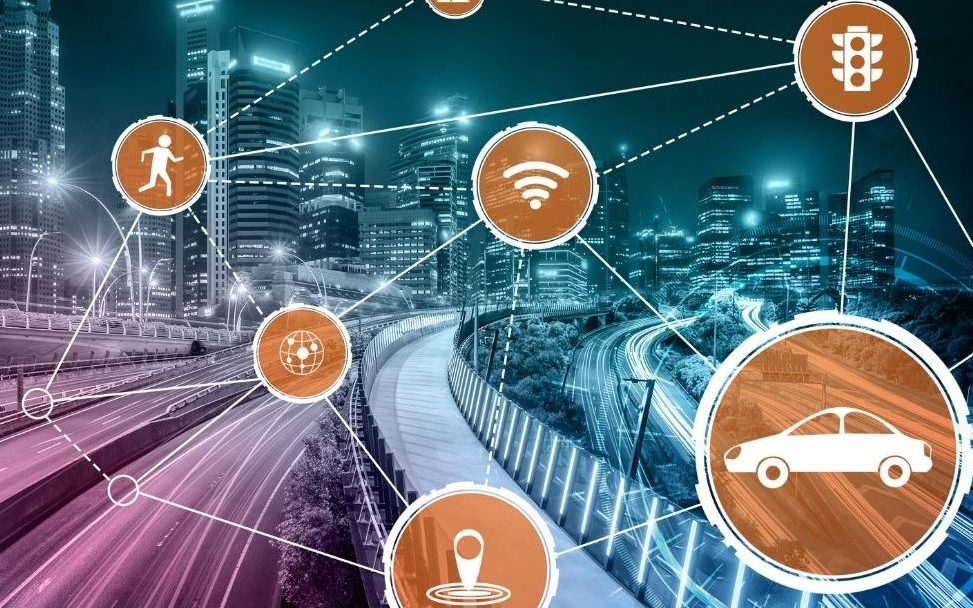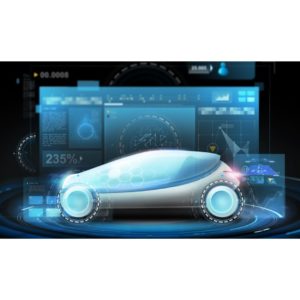Get Quotes
5MinuteInsure.com is not yet available in your area. Check back
soon!
This article has been reviewed by licensed insurance industry expert, Moshe Fishman on 8/25/2023.
In the early 20th century, the Ford Model T was the first attempt to make a car that the masses could buy, introducing convenience and mobility to people from all walks of life. The automobile industry has come a long way since then and fundamentally changed our lives by offering efficient and convenient ways to commute and travel. Now, autonomous vehicles are on their way to changing our lives once again by offering safe, reliable transportation that has the potential to impact society in countless ways.
There are many autonomous vehicle companies that have been making waves in the industry, such as Waymo and Cruise. The technology is advancing quickly and it's only a matter of time before autonomous vehicles become more common on our roads. In fact, it is estimated that by 2035, 54 million self-driving cars will be roaming the roads worldwide.
The National Highway Traffic Safety Administration (NHTSA) defines an autonomous vehicle as "any vehicle equipped with one or more systems that automate all or part of the driving task." According to the NHTSA, five levels of car automation exist. Level 1 represents assistance with steering, braking, or accelerating, while level 5 is classified as "full automation," where a vehicle has full driving capabilities under all circumstances and the driver is merely a passenger. Autonomous vehicles with level 5 capabilities can sense their environment, make decisions on where to go next, and navigate the roads without hitting anything or anyone along the way.
For better or worse, the invention of autonomous vehicles will significantly impact how we live and work. What will the world look like once self-driving cars become prevalent? Here are five ways that autonomous vehicles could impact our daily routines and change our lives.

Many city planners believe that driverless cars could make dense urban living greener, cheaper, and more efficient. Parking lots take up a significant portion of urban areas and contribute to landscape erosion, while parking garages are an additional expense for car owners.
Autonomous vehicles will change the way that people think and interact with parking spaces and garages. In theory, parking garages could house more autonomous vehicles than human-operated vehicles.
When people park their car in a garage, they need enough room to open their car doors without hitting another car, walk to and from the elevator or stairway, and safely maneuver across the lot in two-way traffic. Autonomous vehicles don't need such accommodations.
In addition, parking garages that house autonomous vehicles would not need to have stairways and elevators as driverless vehicles are able to exit the garage and pick up their owner independently. This could essentially eliminate the need for some garages altogether.
Researchers are already working on projects that will allow autonomous vehicles to drop off their passengers at the front door of the building they're headed for and then find an empty parking spot somewhere else in town.
Approximately 90% of all crashes can be attributed to human error. With driverless cars programmed to make efficient driving decisions, car accidents are expected to drop dramatically.
Autonomous vehicles are much less likely to be distracted or impaired, and they are designed to drive safely and efficiently. As autonomous vehicles become more prevalent, the result could be a much safer travel experience for everyone involved - namely the drivers, passengers, and pedestrians sharing the roadway.

Autonomous vehicles are programmed to operate at maximum efficiency by driving the exact speed limit, maintaining a safe distance between cars, and anticipating other vehicles' movements, which allow for more efficient use of road space.
In addition, autonomous vehicles are able to communicate with each other. By sharing information about the current traffic conditions, autonomous vehicles are able to collectively decide on which route would be best for them to take in order to reduce overall travel time.
Roadway improvements that currently cause significant delays - such as construction zones and accidents - are the biggest causes of traffic jams. With more efficient traffic control and much less congestion, we expect travel times to be significantly reduced, especially during rush hours.
Autonomous vehicles can share information about their surroundings via wireless technology. This means that if one car detects an obstacle in its path, it can warn all other autonomous vehicles behind it to avoid it in turn.
This type of roadway intelligence means that autonomous vehicles can avoid accidents more effectively than human drivers, and also learn from the experiences of all other autonomous cars on the road.
The more autonomous cars there are on the road, the smarter they become at planning routes around roadblocks and other obstacles. As roads become safer over time and the rate of accidents and injuries decrease, we might start seeing much lower insurance premiums for all drivers who use autonomous vehicles.
Driving is something that most people take for granted, but it's a luxury that many don't have. One of the most exciting possibilities of driverless vehicles is that they could offer those who cannot currently drive the means to get around without relying on others, such as people with disabilities or the elderly, offering a whole new level of freedom to those whose mobility has been affected.
For example, people with limited vision could benefit from autonomous vehicles which rely on sensors and cameras instead of human eyesight to navigate.
A car that can drive itself may sound like a scene from a sci-fi movie, but the technology exists and is already being tested worldwide. The most significant lifestyle change that autonomous vehicles will have on our lives is in the way that we move around.
Because self-driving cars don't have to focus on steering, braking, or accelerating, they can essentially be used as mobile living rooms. Imagine going on a cross-country road trip and instead of having a designated driver, being able to use the time to play games with your friends and family, read a book, or watch a movie.
Still, there are also some challenges to consider, such as regulations and general safety concerns. The future of autonomous vehicles is up in the air, and there's no way yet to tell what will happen when they become more widespread.
One thing we do know is people will need car insurance regardless of whether their cars can drive themselves or not. Check out 5minuteinsure.com to compare quotes from leading providers!